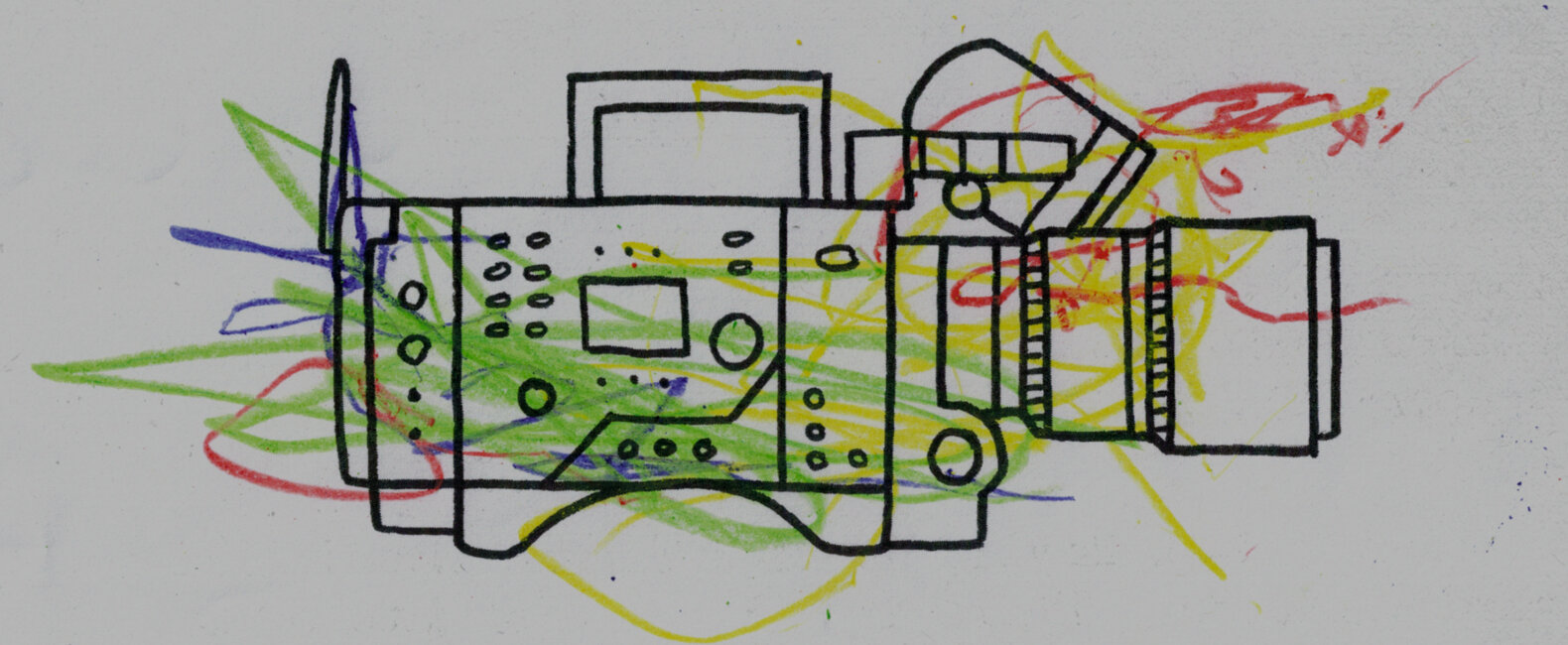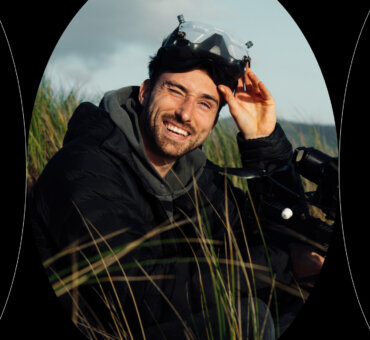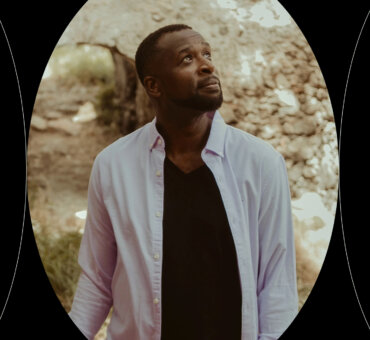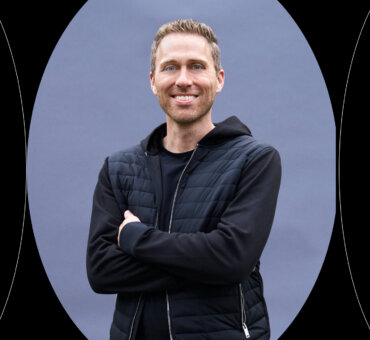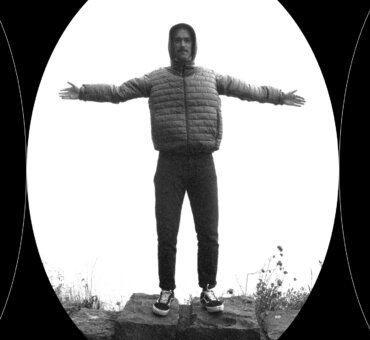As David Foster Wallace famously put it: “Of course you end up becoming yourself.” Which probably just means that everything seems inevitable in retrospect. And maybe that’s why it’s not surprising that despite having so many things working against them, cinematographers Autumn Durald (Palo Alto, Teen Spirit, The Sun Is Also a Star, One & Two) and Rachel Morrison (Black Panther, Mudbound, Cake) have built not only successful film careers, but also families. Which isn’t to say it was easy. Just that, when you hear them talk about it, it makes sense. “I guess on some level, [being a DP and a mother was] always a part of the plan,” Rachel Morrison says. “But I got to the point where I was like, ‘How the hell can you be a DP and a mother?’”
For previous generations, the two seemed (and may have truly been) mutually exclusive. But a new generation of female filmmakers has entered the scene, intent on changing the conversation and the culture surrounding women, families, and cinema. We asked two of these filmmakers to interview each other about their experiences balancing life, filmmaking, and motherhood.
Here’s a conversation between Autumn Durald and Rachel Morrison.
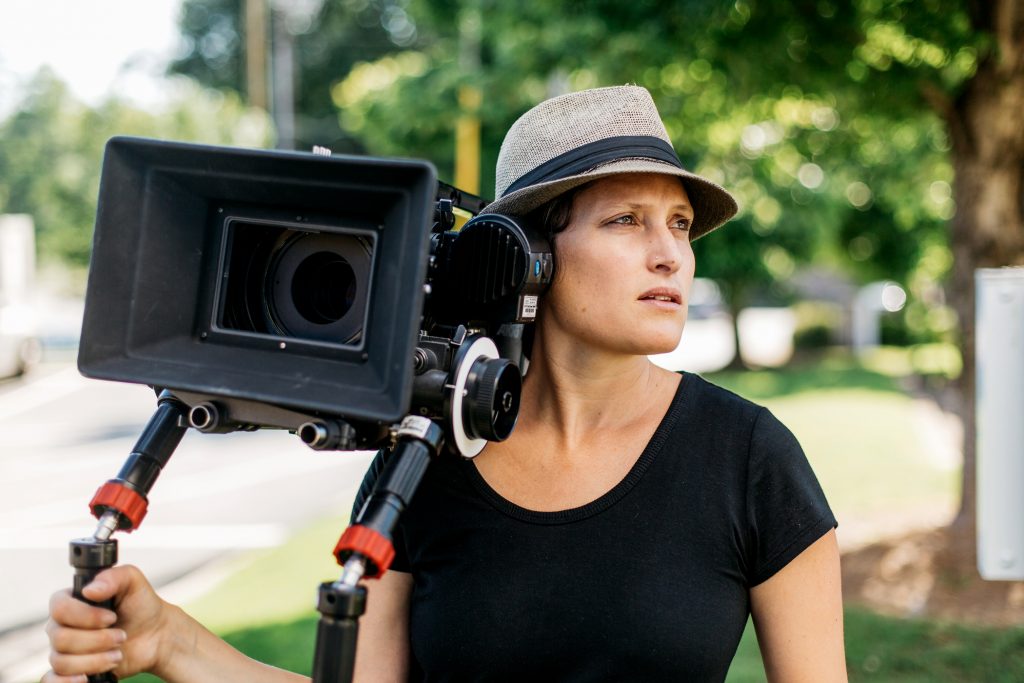
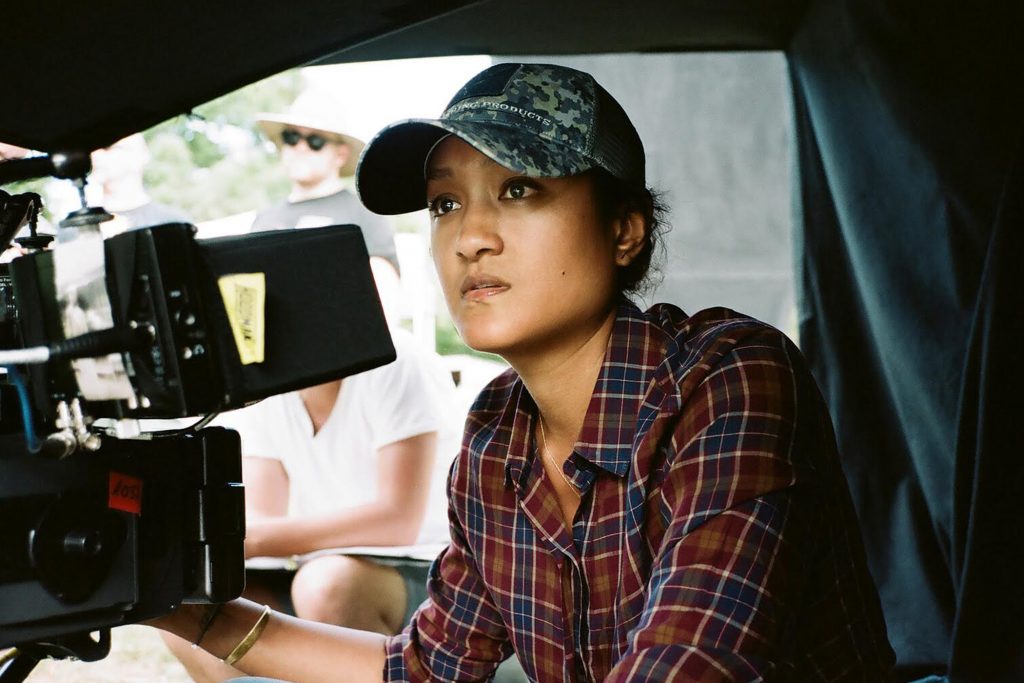
Rachel Morrison: Was being a DP and having kids always a part of your plan?
Autumn Durald: Being a DP wasn’t always a part of the plan. That became the plan later, after college and even after I’d held a corporate job in advertising for three years. But being a mom was always part of the plan. I’ve always known how amazing it would be to have a family and become a parent. Even after I decided to become a DP, it was still part of the plan. I just didn’t know when it would happen for me. It was the timing that gave me pause. Luckily, my friend Rachel Morrison gave me some advice, which made it easier for me to feel okay about the timing.
RM: By telling you there is no such thing as good timing.
AD: Exactly. Sometimes you need someone who’s done it before to show you the way.
RM: I think the tricky thing about the timing for female filmmakers is that we don’t get taken seriously until we’re 30. Maybe that’s changing now; but my experience was that before I turned 30, I was considered too young to be viable. So then you have this window between 30 and 40-something to make a name for yourself. Unfortunately, that happens to perfectly coincide with your biological clock. Right when you’re about to break through in your career, you’re at your prime to conceive a child.
Men aren’t faced with the same age restrictions on any level. They can be artistic geniuses at 25 and should they choose to, they can wait until they’re 55 to have kids. They don’t have a “hard out” on their biological clocks. The age barriers don’t exist in the same way. It’s a universal challenge that’s one of the hardest for women to overcome. I imagine it’s true for all professions, really. It’s often the same 10-year window when we are primed to succeed in both our career and our family.
AD: Did you always intend to do both, DP and parenthood?
RM: I guess on some level, both were always a part of the plan. But I got to the point where I was like, “How the hell can you be a DP and a mother?” And not just a mother — a wife. Trying to maintain relationships is hard enough in this industry, and then you add kids into the mix. I tried to poll every DP parent I knew to find a model for the life I was looking for. But while trying to find a model that fits your path, what you realize is no two paths look the same.

AD: I think ultimately the question becomes how much effort are you willing to put toward your family, and how much are you willing to put toward your craft? If you put everything toward your family, then you’re giving up on your craft. If you put everything toward your craft, then your child is being raised by a nanny. I’m fortunate that I have a husband who helps support my career, and I don’t ultimately have to choose between being a mother or a DP.
RM: I’m fortunate in that way too. Having a supportive partner makes a huge difference. It’s very important to be creatively satisfied. I don’t think that’s selfish at all. When you’re creatively satisfied, you can put your best foot forward with your child because you’re content and confident. Anyone who gives up too much can start to suffer, and kids feel that.
AD: I also think it’s important to remember that a lot of people have much crazier lives than we do, and nothing is impossible.
RM: We are the lucky ones. I truly believe that. I can’t tell you how many DPs, operators, and even producers from the generation before us have pulled me aside to remind me how fortunate I am. Even 10, 15, 20 years ago, it was nearly impossible to have a career and a family as a woman in the film industry. Our generation — you, me, Reed [Morano], and all the other women coming up alongside us — gets to have their cake and eat it too.
AD: I’m curious about what it was like working on a huge movie like Black Panther while having a son at home. Were you going to work before he got up and getting home after he’d gone to bed?
RM: No, that was the amazing thing about Marvel. They do 10-hour days! “French hours,” so 10 hours with no break for lunch. Which, compared to 12 hours with a lunch break, is three fewer hours in the workday. So if I had a 6 a.m. or 7 a.m. call, I’d be done filming by 5 p.m. Usually there’d be tech scouts and meetings until 6:30 p.m. or 7 p.m., but I’d still get home in time to have dinner with Wiley and put him to bed almost every night. It was a godsend. It wasn’t always easy as a DP, but it was incredible as a mom. I really feel like if the industry could move in that direction, it would be amazing for parents around the world. It doesn’t get any better than getting to work 10 or 11 hours on a project that excites and fulfills you, and then you still get to put your child to bed.
AD: That’s how it is in London — that’s the preferred method. I have to assume it’s for that reason: to get home to your family.
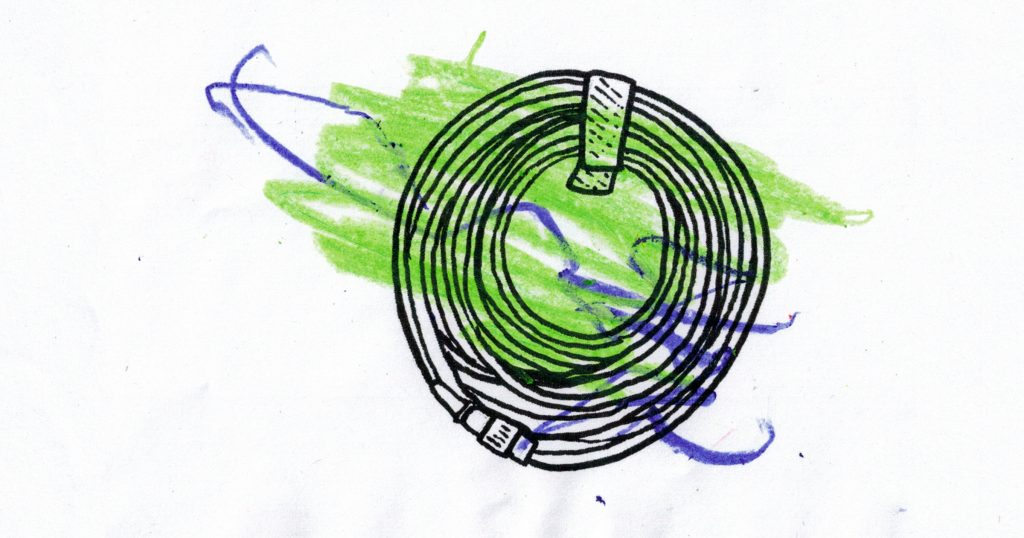
RM: I’ve been thinking a lot about possible solutions lately. Ten-hour days are a biggie. What about a mobile daycare program on bigger/longer films, which might make it easier for parents to take jobs on location and bring their families with them? We would pay for the care, of course, but I’m sure there would be enough kids to make it worthwhile. I also think it would be great if on-set visits were encouraged at all levels. I mean, what set wouldn’t benefit from a wide-eyed child every once and a while?
AD: The more I travel with my family on films, the more I learn. If we all make more of an effort to make it known that we want our families there, it will slowly change. You shouldn’t have to leave your family behind to do your job. Whether you’re a male or female DP with children shouldn’t matter. You shouldn’t be discriminated against because you’re a working parent.
RM: Does being a mother change the way you think about making films?
AD: Every life experience informs the way I shoot films. In particular, being a mother has very much affected the way I evaluate the jobs I’m offered. I’m much more particular and critical of what the project offers me creatively, culturally, and my family as a whole. Honestly, being more critical has helped shape my career for the better.
RM: [Laughs] I feel like an asshole saying that it ups the stakes, but it does kind of up the stakes. What we do as filmmakers is visualize human emotion. I think as DPs, and probably all filmmakers, our job, really, is to empathize. And then translate that empathy onto the screen. I’ve learned so much about love and empathy and compassion by having a child. So I guess I hope it makes me better at what I do. But I also mean something else by “raising the stakes,” which is that it raises the stakes of which projects you choose. If you’re going to be away from your kid for it, then it had better be something worthwhile, and you’d better go all the way in.
AD: It’s not just a job anymore, for sure.
RM: The most surprising part about all of this, for me, has been just how satisfying it is to be a mom. To have my son put his arms around my neck and say he loves me, my heart splits to pieces. Before him, all of my highs would be career related. Now that stuff hardly registers compared to the things my son does. I didn’t see that coming.
AD: It’s so amazing. You just made a huge Marvel film; you’re the first female DP to be in that scenario; and there’s a lot of pressure there. But I’m sure it doesn’t compare to the pressures that come with being a parent. The responsibilities of being a mother are much more intense. Worrying about your child’s well-being, health, and future are far greater than anything we’ll ever experience on set. Having that perspective has been an enlightening experience for me.
RM: It does make being calm on set very easy. Because, unlike being a mom, it’s not life or death. It’s certainly given everything some perspective. I don’t get rattled. I take things in stride.

AD: I feel like being a mother has made me an even better leader, multitasker, and creative individual. It’s funny how the perception in our business is often that being a mother makes it harder to fill the role; but in actuality, motherhood edifies it and makes you even more capable.
RM: Also, it’s a lot harder to take care of a screaming baby than it is to take care of a bunch of producers and grips.
AD: What’s been your most frustrating moment of being both a parent and a DP?
RM: I know you and I shared the frustration of feeling like the work dried up the second we were outed as being pregnant. For me, a big one was that I had to pass on shooting Creed, which was very, very hard for me. I’d been looking forward to that collaboration with [director] Ryan Coogler for years. That was frustrating, but it was understandable because I was due to give birth smack in the middle of the shoot. Far more infuriating was being told I couldn’t shoot a different movie that I really wanted to do because the prep began too close to my son’s birth. They were concerned I wasn’t going to be able to handle the responsibilities of a DP as a new mother. So to have that choice taken away — to have that be someone else’s call — was probably the peak in frustration for me.
And then you never know why the phone doesn’t ring or who’s not hiring you because they think it’s too much for you to handle. If this article does anything, I hope it tells people that female filmmakers can shoot while we’re pregnant. We can shoot while caring for infants. And until we say we’re unable to do the job, we’re fully capable. I honestly could have shot until the day I gave birth. And from a purely physical perspective, I could have gone back to work a week later. I’m not saying I would have wanted to, but I could have. Ultimately, the choice to work should be our call. I would never take a job if I didn’t believe I could give it 100%.
AD: I remember being very frustrated that I had to take all that time off when I was pregnant. But I also remember talking to you and how you made me feel more confident in realizing that I could still work if I wanted to, that I wasn’t taking risks just because I wanted to work. If I felt fine, my body would follow along. That really inspired me. And then, ultimately, I did have to pass on some films because of my son’s birth. It’s very scary to stop working even for a little while. You’ve worked so hard to get to a certain place. But now, two years later, I realize that time goes on and there will always be opportunities you have to say no to for some reason. But even better opportunities will come along to replace those.
RM: The reality is, more people saw Creed in one weekend than saw every movie I’d ever shot combined. By a long shot. But when I really look at it, and when I think about the longevity of that movie versus my own son, I don’t question for a second that my decision — my “creed” — was the best thing that ever could have happened to me.















































































